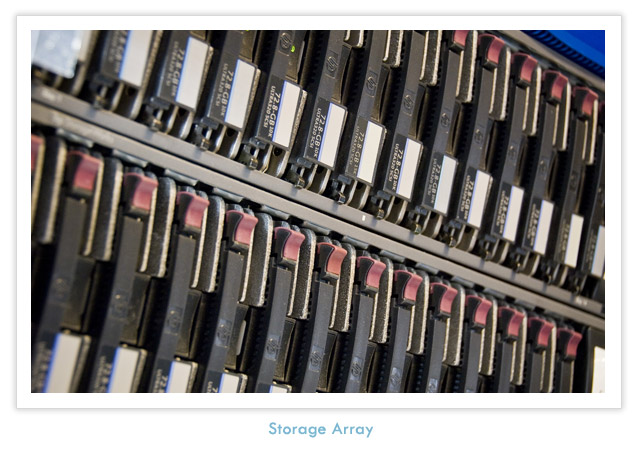Providing storage integrators and OEMs a platform to build flexible, enterprise class storage systems for a wide range of vertical storage markets, MPSTOR today released the latest version of its popular open-platform and block-based storage management software, MPStackware™. With new support for integration into standard x86 and PowerPC™ (PPC) based hardware; MPStackware V2.10 provides a truly unified storage management platform at a fraction of the cost of proprietary solutions.
“MPStackware is an open-platform software product, which turns low cost, commodity disk arrays into fully featured, high value, data storage systems,” said William Oppermann, founder, MPSTOR. “In addition to supporting a wide range of host interconnects, disk protocols and media types, MPStackware supports multi-tenant storage virtualization and it federates all commands and status indicators to a single pane of management.”
MPStackware V2.10 can be downloaded from the MPSTOR website for quick and easy integration with a wide range of x86 and PPC hardware platforms and is priced accordingly, from low to high-end usage models. For a quote, please email [email protected]. Because it is designed with open application and management APIs, MPStackware also integrates easily with third party storage software applications.
“It’s hard to imagine a storage software platform that offers more flexibility, freedom and value than MPStackware,” said Stu Fisher, vice president, U.S. Sales and Business Development, MPSTOR. “When combined with MPSTOR’s expertise and customer-focused support, MPStackware offers system integrators and OEMs an excellent base on which to design and build differentiated storage solutions.”
For data centers or enterprises who wish to offer a reliable, massively scalable and price competitive cloud computing service, MPSTOR has also leveraged MPStackware to vertically integrate with OpenStackTM, an open-source cloud operating system. The result is OrkestraTM, operationally efficient cloud computing software platform that also provides a means of accurately tracking and charging end users for resources they consume.
